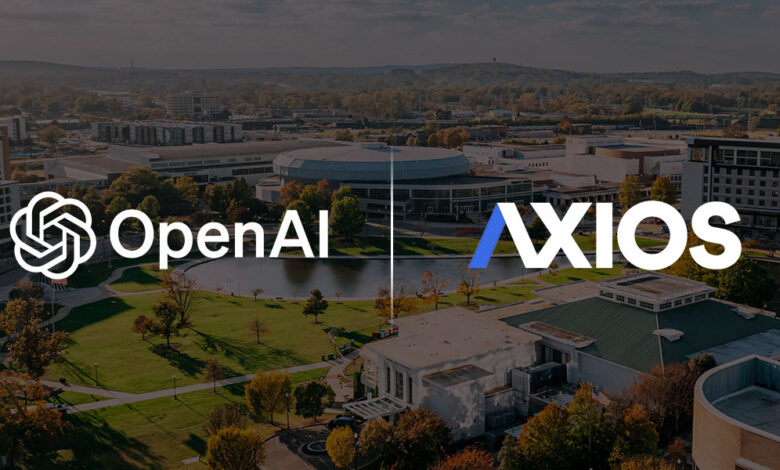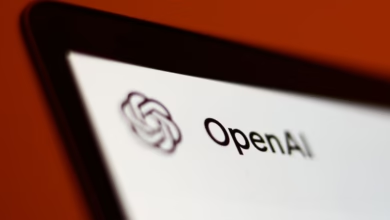OpenAI Funds Axios Local News Expansion
Is OpenAI's Foray into Local News A Game Changer for Journalism?

OpenAI, the artificial intelligence powerhouse behind ChatGPT, is breaking new ground in its relationship with the news industry. Moving beyond mere content licensing agreements, OpenAI has announced a multi-year partnership with Axios, the digital media company known for its concise, informative reporting style. This deal, announced on January 15, 2025, marks OpenAI’s first direct investment in newsroom expansion.
At the heart of the partnership lies a commitment to bolstering local journalism, a sector that has faced significant challenges in recent years. OpenAI will fund the establishment of four new Axios Local newsrooms in Pittsburgh, Kansas City, Boulder, and Huntsville, Alabama. This strategic move aims to address the growing information gap in local communities while providing OpenAI with a valuable source of reliable, up-to-date content for training its AI models.
Axios CEO Jim VandeHei sees this as a win-win, stating:
We launched Axios Local nearly four years ago with the bold goal of bringing local news to communities across the country. OpenAI’s investment allows us to continue our expansion and aid us in bringing essential local news to deserving audiences.
This landmark deal goes beyond funding, encompassing content sharing and technology integration. Axios content, including summaries, quotes, and links to their stories, will be integrated into ChatGPT, enriching the platform’s ability to answer user queries with accurate and reliable information10. In return, Axios will gain access to OpenAI’s cutting-edge AI technology to develop tools for content creation, distribution, and monetization.
This collaboration signifies OpenAI’s evolving strategy in the news industry. While the company has previously partnered with nearly 20 media organizations, including giants like News Corp, The Atlantic, and Vox Media, this deal represents a more proactive approach to supporting the news ecosystem.
The implications of this partnership extend far beyond Axios. It sets a precedent for future collaborations between AI companies and news organizations, potentially reshaping the industry in terms of content creation, distribution, and consumption.
However, the partnership has also raised concerns. Critics point to the potential for job displacement as AI automates certain journalistic tasks. Copyright issues remain a point of contention, with lawsuits like the one filed by The New York Times against OpenAI highlighting the legal complexities surrounding the use of copyrighted material for AI training.
OpenAI is keenly aware of these concerns. The company emphasizes its commitment to responsible AI development and is actively working with publishers to find ways to enhance user experience and newsroom operations while mitigating potential negative impacts.
The success of this venture remains to be seen. Will it be the catalyst for a resurgence in local journalism or merely a short-term boost? Will it address the concerns around AI’s role in news production, or will it exacerbate them? As OpenAI and Axios embark on this new chapter, the future of journalism hangs in the balance.
One thing is clear: AI is poised to play an increasingly influential role in shaping the news landscape. As Varun Shetty, OpenAI’s head of media partnerships, aptly put it:
“AI can play a transformative role in supporting local journalism”.
Only time will tell what form this transformation will take and what its ultimate impact will be.






